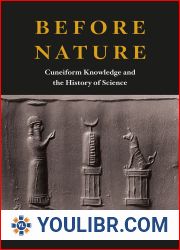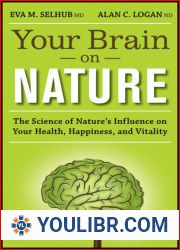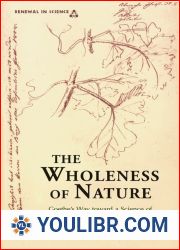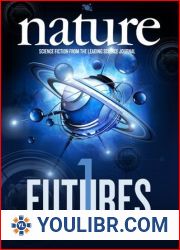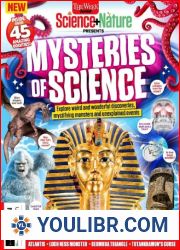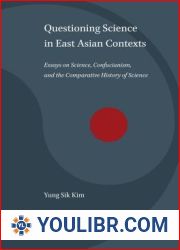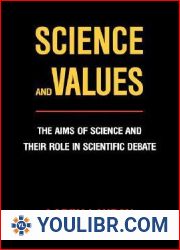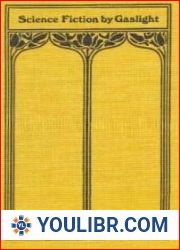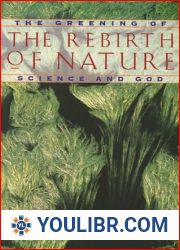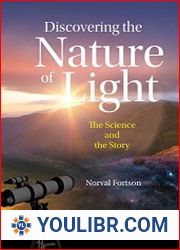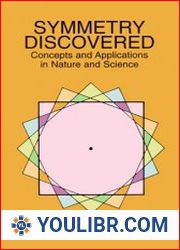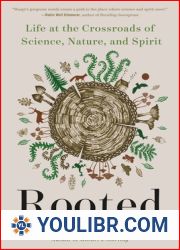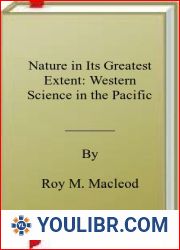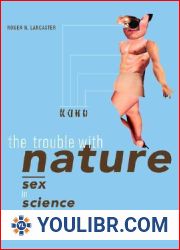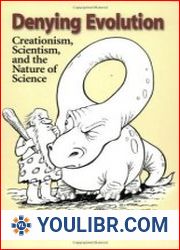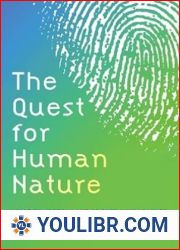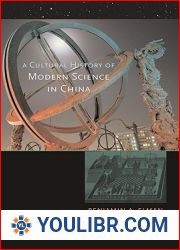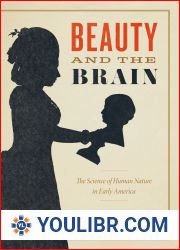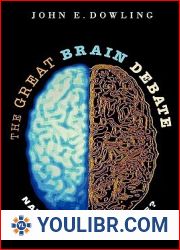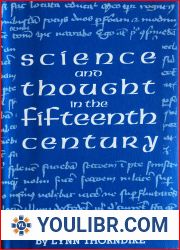
BOOKS - The Statesman's Science: History, Nature, and Law in the Political Thought of...


US $9.91

931315

931315
The Statesman's Science: History, Nature, and Law in the Political Thought of Samuel Taylor Coleridge by Edwards Pamela (2004-08-25) Hardcover
Author: unknown author
Year: 2004
Format: PDF
File size: PDF 760 KB
Language: English
Year: 2004
Format: PDF
File size: PDF 760 KB
Language: English
This innovative book examines the fundamental continuities in Samuel Taylor Coleridge s writing during the revolutionary period of 1794 through 1834 to demonstrate his importance as a political philosopher and to recover romanticism as both an aesthetic and political movement Author of Kubla Khan and the epic The Rime of the Ancient Mariner Samuel Taylor Coleridge is remembered principally for his contributions as a romantic poet This innovative reconsideration of Coleridge s thought and career not only demonstrates his importance as a philosopher but also recovers romanticism as both an aesthetic and a political movement Pamela Edwards radically departs from classic theories of Coleridge s development and reads his writing within the framework of a constantly shifting political and social landscape Drawing on the ideology rhetoric and institutional theory at the turn of the late British Enlightenment Edwards unearths the fundamental continuities in Coleridge s writing during the revolutionary period of 1794 to 1834 paying particular attention to the rhetoric of Coleridge s pamphlet and miscellaneous writings the journalism of the Napoleonic years his philosophical and ultimately political treatises within the contexts of his notebooks and letters and his readings and intellectual friendships What emerges is a clearer understanding of Coleridge s political philosophy and his contributions to the origins and ideology of British Liberalism Coleridge s interest in history nature and law as inherently interconnected projects producing an ideal or scientific reading of society reveals a developed progressive social and cultural state theory anchored in individual conscience moral autonomy and a civic and participatory human agency If the Statesman could understand finally master this scientific view of the world he would be able not only to adjust political and social institutions to comprehend the historical contingencies of the moment but to see through the problem of the moment to the dynamic of change itself







